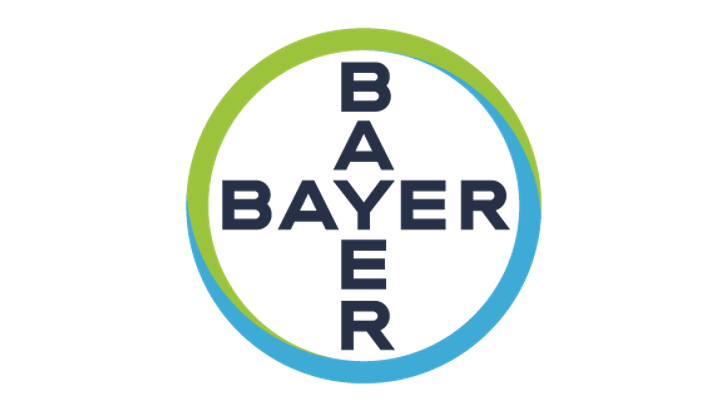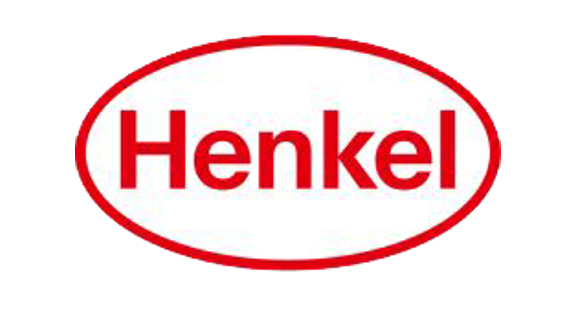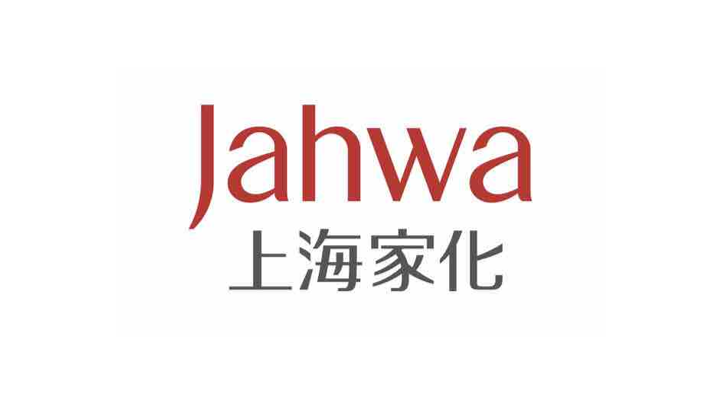Since the new century, new technologies represented by AI and AR have continuously driven global automation forward. Digitalization and intelligence have become the focus of retail enterprises' current layout. Through technological empowerment, optimizing enterprise operational efficiency, consumer reach, organizational structure, and cost structure are directions currently being explored by many retail enterprises. In particular, the improvement of supply chain and logistics intelligence capabilities is the top priority for retail enterprises in future layouts.
Recently, Walmart held a two-day Investment Community Meeting for 2023. At the same time, the company reiterated its guidance for the first quarter and full year of fiscal year 2024.
According to the introduction, through extensive work, Walmart is redesigning its supply chain to meet customer needs through a smarter and more interconnected omnichannel network. This network is achieved through greater use of data, smarter software, and automation to improve inventory, inventory accuracy, and processes, regardless of whether customers are shopping in stores, picking up, or delivering.
By the end of fiscal year 2026, Walmart plans to automate approximately 65% of its stores and adopt automated facilities in approximately 55% of its fulfillment centers, with unit average costs increasing by approximately 20%. Just a few days ago, the company announced plans to cut more than 2,000 jobs.
Additionally, Walmart outlined how it expects its growth investments to change its financial position, mainly focusing on three key components: sales growth driven by the omnichannel business model; diversifying revenue sources through improved category and business portfolio; and expanding proven high-return investments to drive operational leverage and increase incremental operating margins.
It is worth noting that not only Walmart, but also Amazon, the second-largest employer in the United States, is also rapidly advancing business automation.
Currently, there are two main types of unmanned stores commonly seen in domestic and foreign markets: unmanned stores using machine vision technology and unmanned stores using RFID technology, as well as a combination of some vending machines. Walmart chose the RFID model from the outset. As early as August 2018, Walmart established an automated pick-up system called "Alphabot" at its Salem store in New Hampshire. Developed by Alert Innovation, a retail automation solution company, the Alphabot system includes an automatic storage and retrieval system, an automatic picking system, and a master control system. The robots move between various warehouses through the master control system. However, orders for agricultural products and meats will still be manually selected and packaged.
After a year of testing, Walmart implemented the system in January 2019. Currently, the system operates within a 20,000-square-foot warehouse space. The system's automated shopping carts collect certain items ordered online by customers, including refrigerated and frozen goods, and deliver them to workstations where Walmart employees inspect, package, and deliver them. The integration of Alphabot will help simplify Walmart's online ordering process, reduce distribution time, and improve accuracy.
By 2022, Walmart planned to expand the application areas of RFID tags and required its suppliers to use RFID electronic tags on new products to be listed in stores. Walmart had previously used RFID electronic tags mainly in the clothing and footwear sectors, but this time the expansion would cover more areas.
With the use of RFID technology, Walmart can better manage its inventory, thereby speeding up product supply efficiency and providing customers with a better shopping experience. In addition, from the perspective of operational costs, the use of RFID technology can also reduce labor, logistics, and other costs, further achieving unmanned management.
Regarding the plans announced at the Investment Community Meeting, John David Rainey, Walmart's executive vice president and chief financial officer, delivered a speech. He said, "We believe we are ready to help define a new chapter in retail and achieve this goal while driving strong growth and shareholder returns. We believe that approximately 4% sales growth and faster operating income growth remain appropriate targets for the business over the next 3-5 years. The investments we have made position us favorably and are expected to deliver stable and sustained growth at higher profit margins. If we achieve our 4% sales growth target over the next five years, we will add more than 130billioninsalestoourcurrentbaseofapproximately600 billion. Most importantly, we believe that the opportunity for operating income growth over the next 3-5 years may be better than outlined."
Additionally, the company reiterated its guidance for the first quarter and full year of fiscal year 2024: consolidated net sales growth of 4.5% to 5.0%; consolidated operating income will increase by 3.5% to 4.0% at a constant currency rate, negatively impacted by 235 basis points due to the last-in, first-out (LIFO) method
Article Source: RFID 世界网

















